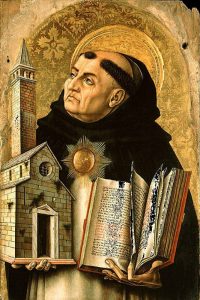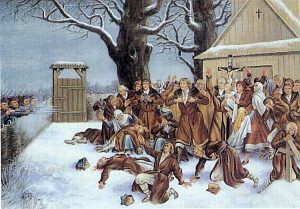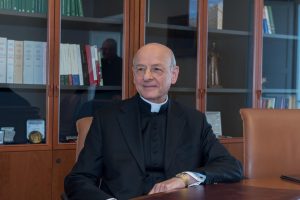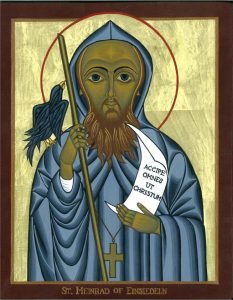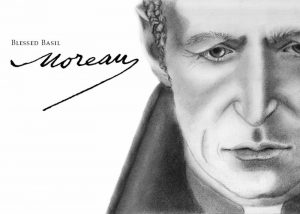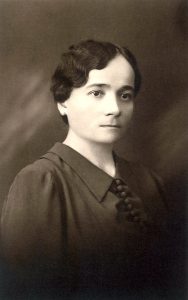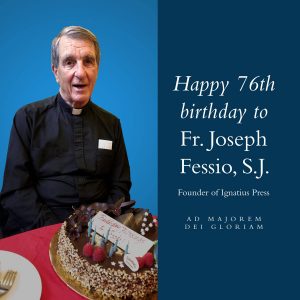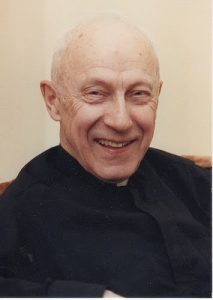 I never met Father John Hardon, SJ, in person. BUT, I was first introduced to him through one of his magnificent volumes on the catechism. Years later when I was when I was in the Society of Jesus the Jesuits would roundly revile him and cast aspersions upon his character. Sadly, the smoke of Satan harden their hearts and minds.
I never met Father John Hardon, SJ, in person. BUT, I was first introduced to him through one of his magnificent volumes on the catechism. Years later when I was when I was in the Society of Jesus the Jesuits would roundly revile him and cast aspersions upon his character. Sadly, the smoke of Satan harden their hearts and minds.
In 1985-1986, my junior year at Notre Dame High School, we used Fr Hardon’s The Catholic Catechism: A Contemporary Catechism of the Teachings of the Catholic Church. Only years later did I realize we used a superior text. As we called it, the “yellow book,” is indeed a serious and passionate book on the faith giving the Truth.
I only wish that DREs and catechists would take up this text and others of Hardon’s. The state of parish catechesis is an dreadful state: too many parish teachers of religious education/formation don’t know the basics and gladly remain in their ignorance. Local parishes are too weak in the practice of the faith and the spiritual life, and they lack the competence to pass on the faith to others in a beautiful, living manner. I vividly remember the troubles trying to get the catechists (and the priest as well) to think about the content and methods of passing on the Catholic faith to the children and parents. Besides their error they would teach a book and not the truth of the experience of person of Jesus Christ as Lord and Savior and the sacrament of the Church. I would say to myself “If they only would read Fr Hardon’s yellow book.” So, I consider Hardon’s The Catholic Catechism as an exceptional text for the basics that we all need.
Father Hardon’s sainthood cause is under way and God-willing, making good headway. In fact, he carries the title of “Servant of God” with the hope that the work being done will lead to the Church granting him the title of “Venerable Servant of God.” I look forward to the Church’s declaration that Hardon is a beatus and saint in the near future.
I offer an article by Jim Graves that speaks to the life and sanctity of Father Hardon, “Fr. John Hardon May Be on His Way to Canonization.”
You may want to visit the Father John A. Hardon, S.J. Archive and Guild will give you an overview of Father’s human, intellectual and spiritual patrimony.
